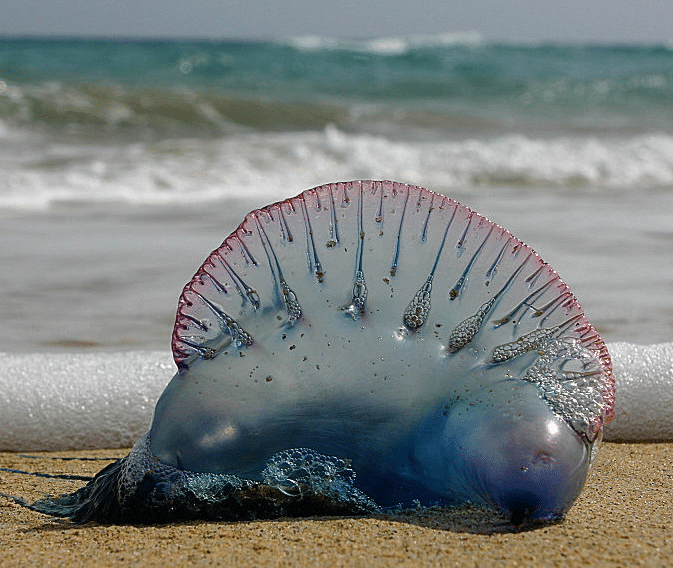The causes of Portugal’s backwardness
Inspired/triggered by a recent book of Nuno Palma of the same title (“Causas do Atraso Português. Repensar o passado para reinventar o presente”, D. Quixote, Alfragide, 2023), and incentivized by my brother Virgílio, I decided to dedicate a new book/blog chapter to this subject, hoping that it could present a challenge to many readers and provoke useful interactions.
A somewhat hasty critic of Nuno Palma’s book has already been published by Diogo Ramada Curto, from where some of the following pictures are taken.[i] Ramada Curto goes so far as to state that Nuno Palma’s “original ideas are not good, and that the good ideas are not original”.
[i] “Afinal o que explica o atraso de Portugal. Uma pergunta que continua sem resposta”, Revista do Expresso, February 16, 2024
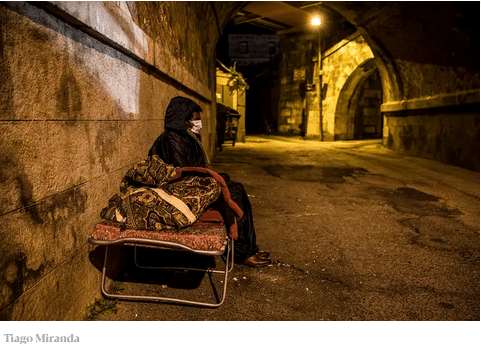
Let’s start with Nuno Palma’s favorite hypothesis of ‘resource curse’ (‘maldição dos recursos’). Four episodes come to mind: 15-19th century slave trade, 16-17th century Asian spices, 18th century Brazilian gold and Nuno Palma’s favorite, 20-21st century European funds.
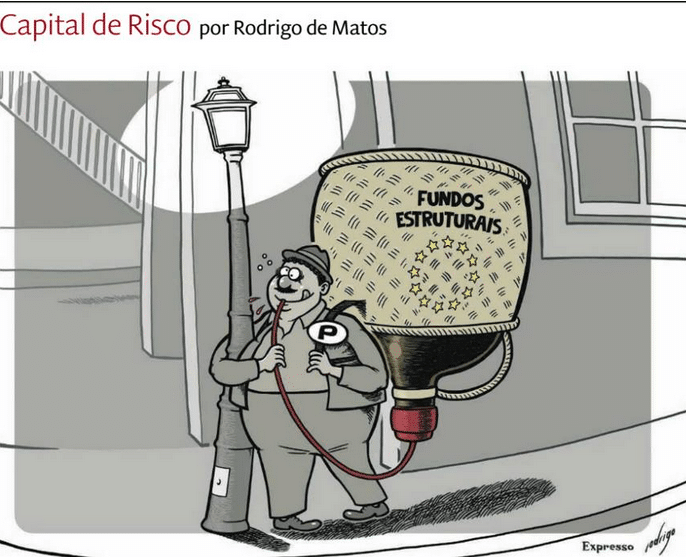
Before we delve a bit further on this, please let us list other pertinent hypotheses for Portugal’s backward status: Inquisition and censorship, from the 16th to the 20th century, permanent and costly wish for independence from Castille/Spain, eternal bureaucracy and the related ‘cunha’[i], and its background correspondent corruption[ii].
[i] Cunha, literally a wedge, is in this context to be understood as an influential connection or recommendation. Meter uma cunha = to pull some strings. On this subject you may read “Anatomia da Cunha Portuguesa. As figuras que as pessoas fazem”, by João Ribeiro-Bidaoui, Guerra & Paz, Lisboa, 2020 and “O império das ‘cunhas’ não se recomenda mas continua bem” by Manuel Carvalho in Público, January 21, 2024
[ii] This context of fraud has recently been addressed by João Miguel Tavares in the newspaper Público of March 21, 2024 “Fraudes e fundos europeus. Mais um dia normal na República”.
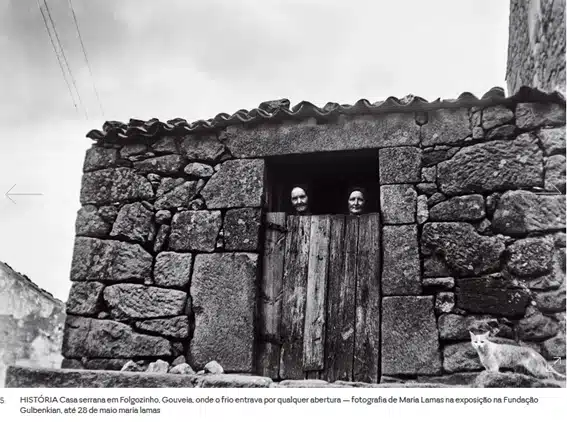

In his book, Palma states that from the beginning of the 16th century there is reliable annual data, based on the research that he did together with Jaime Reis. Adding some other data, it was possible to obtain what is shown on the top half of Figure 5.
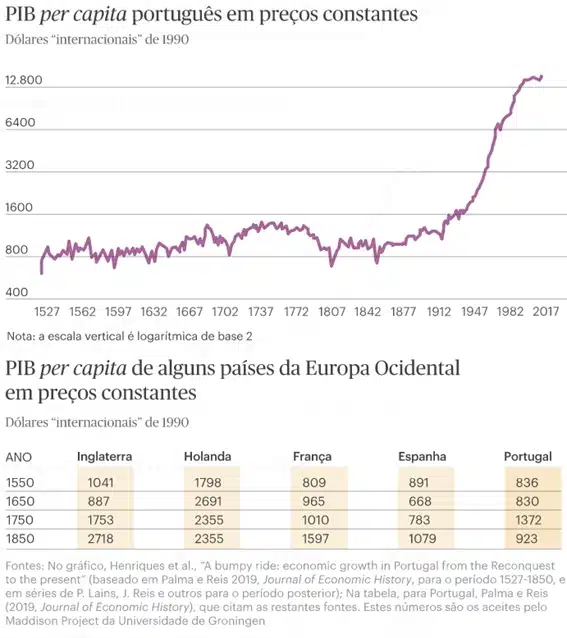
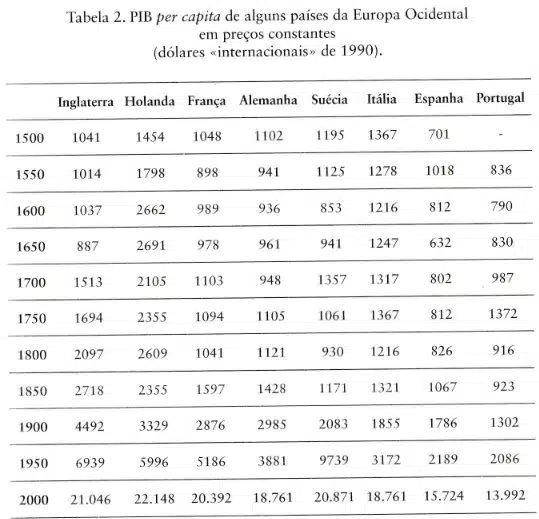
Let us adopt some more comparative statistical graphics from Palma’s book.
Between 1820 and 1931 this is how GDP per capita in Portugal would have evolved compared with Western Europe’s average:
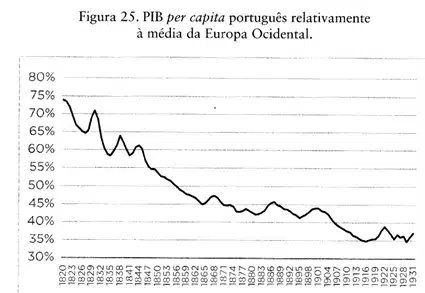
From 1900 to 1984, mostly from the 60s, things would have changed:
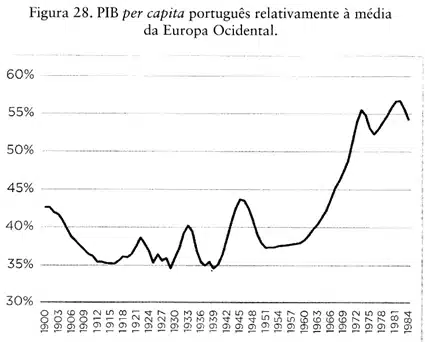
Even if, mainly from the 90s things would have started to turn sour for Portugal again:
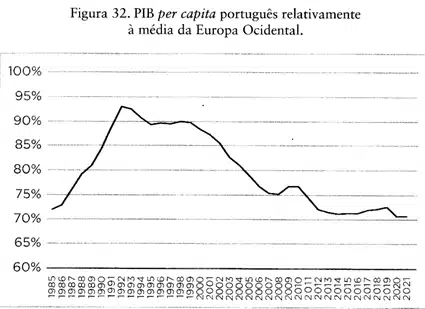
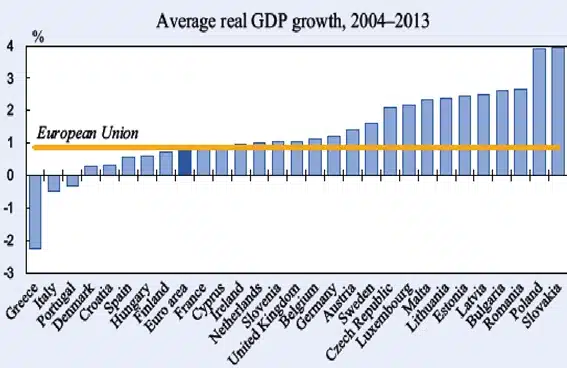
incoherencies, as well as the post hoc ergo propter hoc fallacy, which would have to be taken into account in cases such as the EU membership, adoption of the Euro, China WTO membership, and European funds.
Even more tricky would be to find out ways to overcome the confirmed causes and to implement them. Hints are welcome!
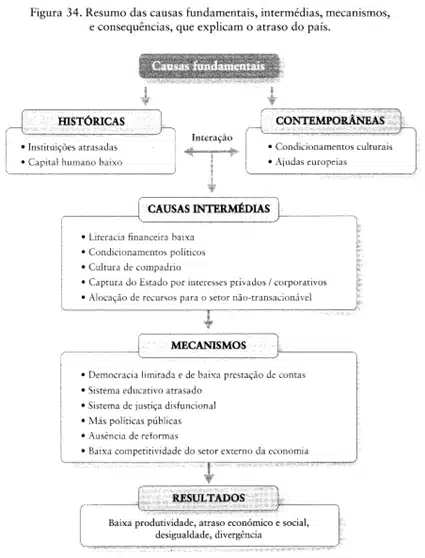
Detected fraud is not tantamount to overall fraud; not all of it would have been detected, but in this context Portugal doesn’t seem to be ranking poorly in European terms, as it is shown in following graphic portraying cases under investigation by the European Public Prosecutor’s Office:[i]
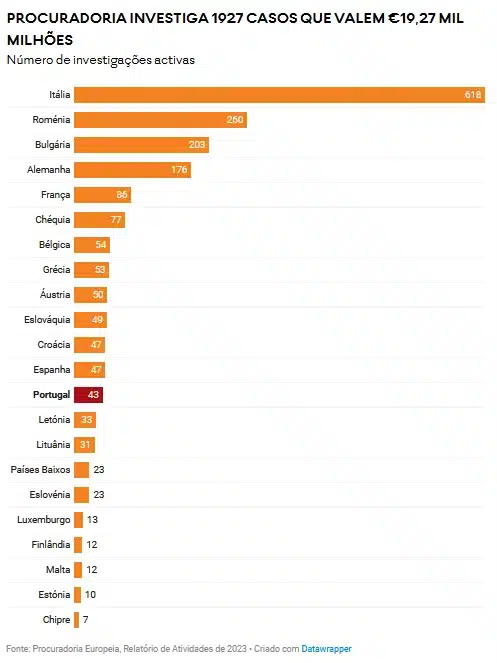
Fraud would also not represent the only way European funds would negatively impact Portugal’s economic development. Other ways come to mind, even if completely legal, like nepotism and lawfare.[i]
For further reading on the subject you may take a look at this list kindly provided by my brother Virgílio:
Portugal: os porquês do atraso. 2023-06-23
Mara Cristan
https://maracristan.wordpress.com/2013/06/23/portugal-os-porques-do-atraso/
O atraso estrutural de Portugal. 2023-05-05
Ricardo Pinheiro Alves
https://eco.sapo.pt/opiniao/o-atraso-estrutural-de-portugal/
O Atraso Português – Modo de Ser ou Modo de Estar? 2022-05
João Maurício Brás
Sobre as causas do atraso científico em Portugal – Uma digressão histórica. 2021-07-15
Luís Miguel Bernardo
https://ebooks.uminho.pt/index.php/uminho/catalog/book/28
O nosso complexo de país-cauda-da-Europa ainda não foi curado. 2020-01-24
Entrevista de João Céu e Silva a José Eduardo Franco
O atraso económico português em perspectiva histórica (1860-1913). 1984-02
Jaime Reis
https://www.scribd.com/document/193184932/O-atraso-economico-portugues
Teoria Geral do Atraso Português. 1973
Alexandre Coelho
https://in-libris.com/products/teoria-geral-do-atraso-portugues?variant=604161145
A história do declínio de Portugal após os anos 1600. [s.d.]
Paulo Gala
https://www.paulogala.com.br/a-historia-do-declinio-de-portugal-apos-os-anos-1600/
[i] Let me remember that recently the prime minister António Costa resigned, when a public note by the Attorney General’s office mentioned the possibility of him being investigated in the future, due to his possible intervention in foreign direct investment deals.

